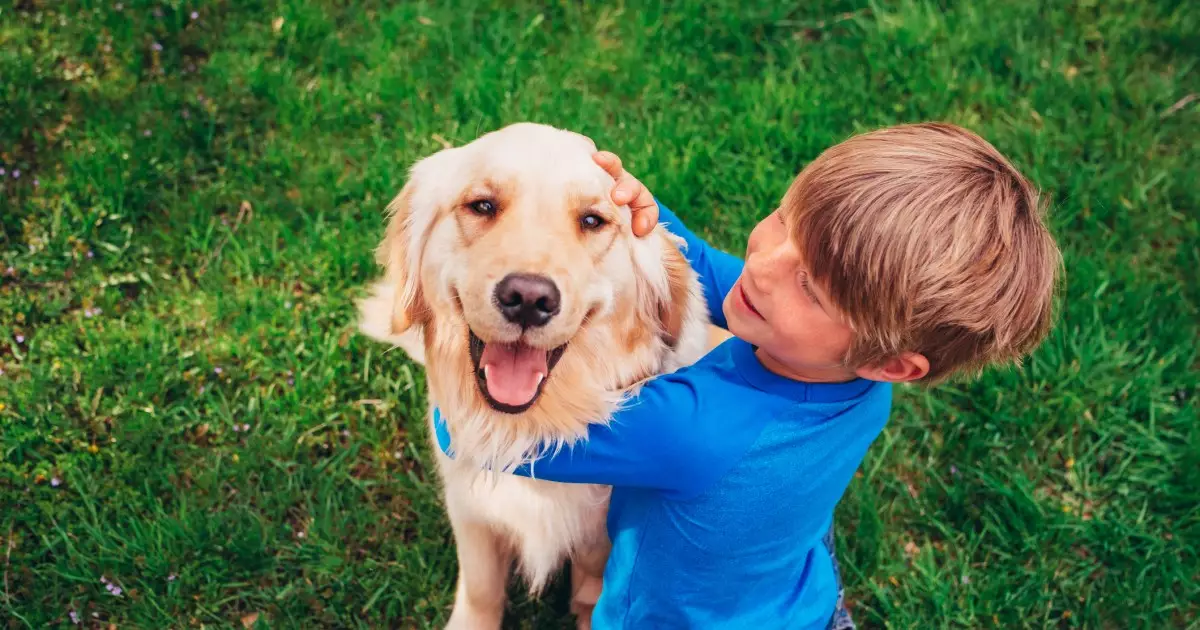Dogs have become an indispensable part of human life, not just as pets but as companions, workers, and even family members. They come in an array of breeds, each often associated with certain personality traits. However, these stereotypes don’t always hold true; some dogs defy the characteristics typically assigned to their breed. This raises an important question: do inherent personality traits exist among dog breeds, and if so, to what extent are they defined by genetics?
Recent research initiated by comparative psychologist Evan MacLean and assistant professor Noah Snyder-Mackler has shed light on the intricate relationship between a dog’s genetics and its behavioral tendencies. By studying 17,000 dogs of various breeds and comparing their behaviors through the Canine Behavioral Assessment & Research Questionnaire, the researchers aimed to identify if specific personality traits could be traced back to genetic markers. The comprehensive study examined genetic data from 5,700 dogs, ultimately revealing correlations between certain genetic sections and observed behavioral traits.
The findings were significant: out of the myriad traits examined, 14 distinct personality markers were identified in 131 sections of canine DNA. Notably, traits such as trainability, chasing instincts, and aggression were flagged as likely heritable. Other behaviors, including fearfulness, sensitivity to touch, and energy levels, also showed variance across different breeds, indicating that genetic make-up can indeed play a crucial role in shaping a dog’s personality.
While it is tempting to rely on stereotypes associated with dog breeds, this research underscores the importance of recognizing individual variation. Although certain traits may statistically correlate with specific breeds, the behavioral expectations are not definitive. For example, it is entirely possible to encounter a Golden Retriever who is unusually aggressive or a Shih Tzu who is remarkably outgoing. The study highlights that while breed tendencies can provide a framework for understanding dog behavior, upbringing, socialization, and training play substantial roles in shaping an individual dog’s personality.
MacLean’s observation that one cannot predict the behavior of a particular dog solely based on its breed encapsulates the complexity of canine nature. Every dog, regardless of breed, is an interplay of genetics, environmental conditions, and unique experiences that inform its behavior.
Training and socialization remain critical factors in determining canine behavior. Even dogs from breeds known for their friendliness and sociability may exhibit behavioral challenges if they are not properly trained or socialized. This emphasizes the owner’s responsibility in ensuring their dog behaves in accordance with their lifestyle and expectations. The nuances of individual personalities mean that a well-trained dog can often transcend any genetic predisposition it may have, leading to an obedient and well-adjusted companion.
Moreover, past research has indicated potential genetic mutations that enhance friendliness in dogs as a species. This connection between domestication and certain genetic traits sheds light on how dogs have evolved alongside humans, becoming more sociable than their wild counterparts. Notably, parallels have been drawn between the genetic traits in dogs and those found in humans with Williams-Beuren syndrome, which induces heightened sociability. This intersection between human and canine genetics opens up fascinating avenues for further research into companionship and behavioral evolution.
Understanding the interplay of genetics, environment, and training provides dog owners with invaluable insights into their pets’ behaviors. While breed characteristics can guide us in predicting general tendencies, the reality is that every dog is unique. As we delve into the genetic underpinnings of dog behavior, it becomes increasingly clear that the connections formed between dogs and their owners, reinforced through training and socialization, are paramount.
Thus, while genetics undeniably contributes to a dog’s personality, responsible ownership and bespoke training remain essential for nurturing the best behaviors in our canine companions. Ultimately, the journey of understanding and improving a dog’s behavior is a collaborative endeavor, where love, patience, and knowledge converge to shape the ideal pet.

